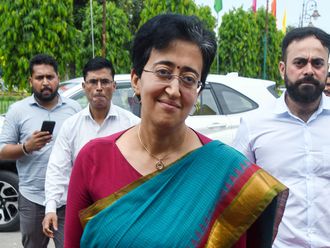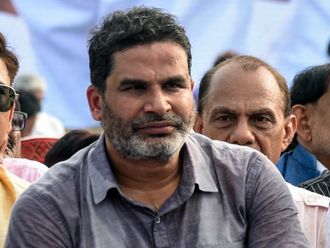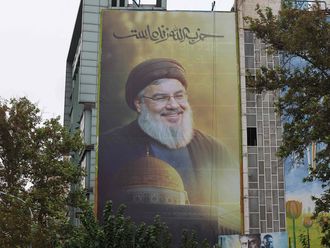Later this year, Egypt will face its next big crisis as the new parliament and president seek to reduce the role of the military in government. During the chaos of the revolution a year ago, the military gained huge public support by refusing to back former president Hosni Mubarak. But this goodwill vanished very quickly when heavy-handed military policing continued, and when the military misused their position as the interim authority of the country pending elections to try to bolster their own long-term immunity from change.
The Supreme Council of the Armed Forces, which is in charge of Egypt's government, has argued that the military should have a long-term role as some kind of guardian of public good, which would allow the military to continue as a political force for the indefinite future. It also argued that the military budget should not be subject to parliamentary or presidential scrutiny.
These brazen attempts to support their own interests were coupled by a failure to welcome the democratic forces. Scaf has not lifted the Emergency Law, and has not offered more access to power to the newly-elected parliament. Another example of self-interest was in August 2011 when Field Marshall Hussain Tantawi appointed 15 new governors, none of whom were young, women or Copts, and many of whom had military backgrounds.
The real test of the armed forces' intentions will be after June when the new civilian president will be elected, and the democratic parliament will have been sitting for several months. It will be important that the military agrees to give up power (as they have always said that they would) and genuinely return to their barracks. They could easily reduce tensions by making clear how that will happen, and it is a grave concern that they have not done this.







